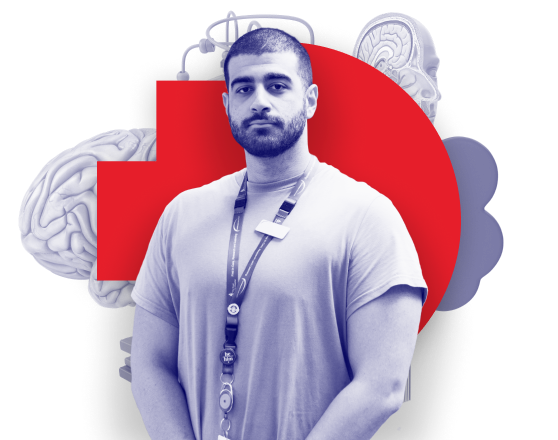The following information outlines the tasks you will be required to undertake during professional experience placement and on-campus learning activities.
The non-academic abilities listed are provided for your information only and are not entry requirements.
If there are any activities outlined which may be difficult for you to undertake, there are a range of adjustments to your study conditions available to enable and support you to demonstrate these abilities. Please contact the Equitable Learning Service to discuss any adjustments you may require.
By understanding the types of activities you’ll participate in, you can:
- understand more about the program
- determine if you may need support during your studies
- make an informed decision about whether the program is suitable for you
If you are living with disability, long-term illness and/or a mental health condition, we can support you by making adjustments to activities in your program so that you can participate fully in your studies.
To receive learning adjustments, you need to register with Equitable Learning Service
The University considers the wellbeing and safety of all students, staff and the community to be a priority in academic and professional experience placement settings.


